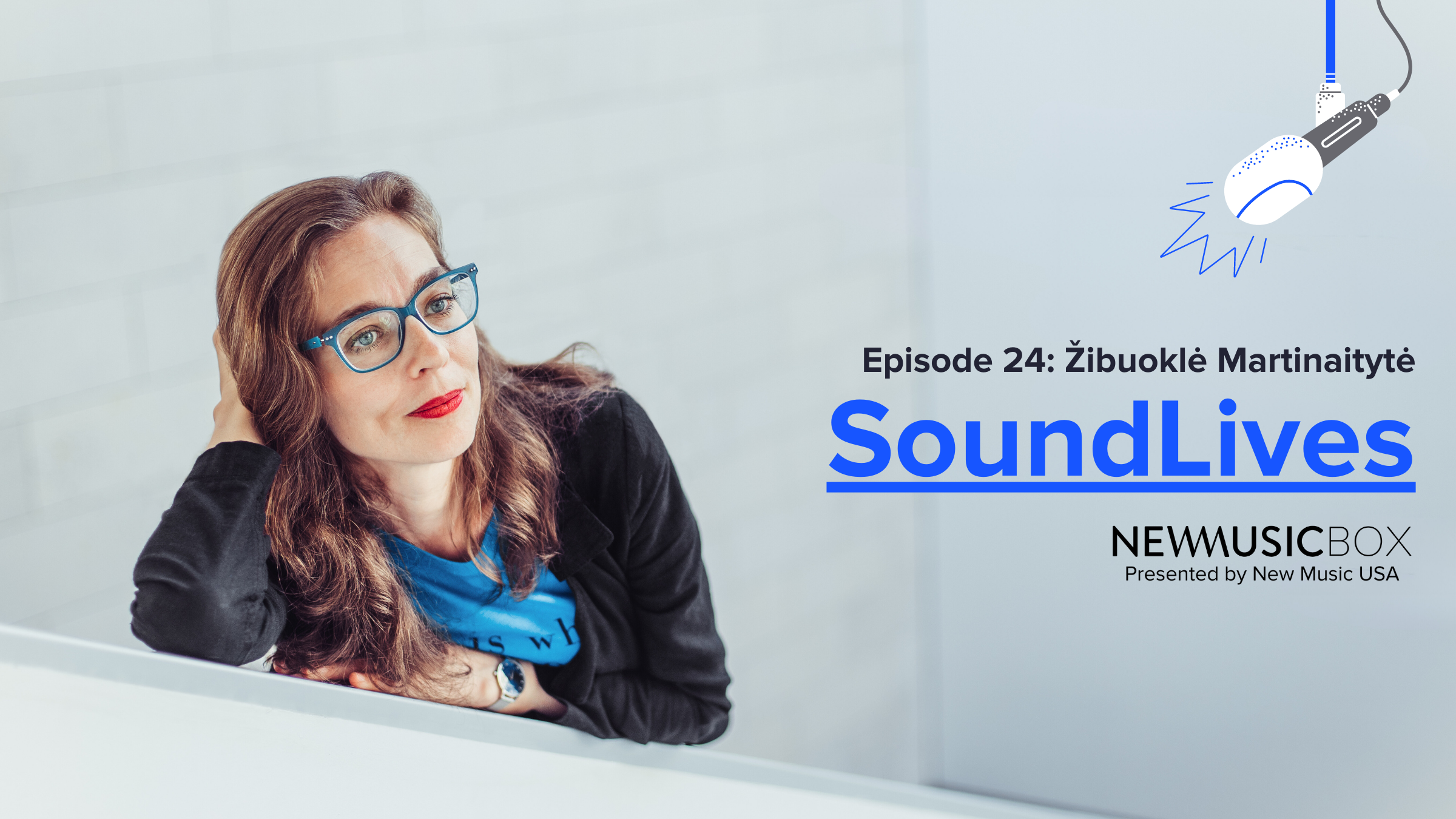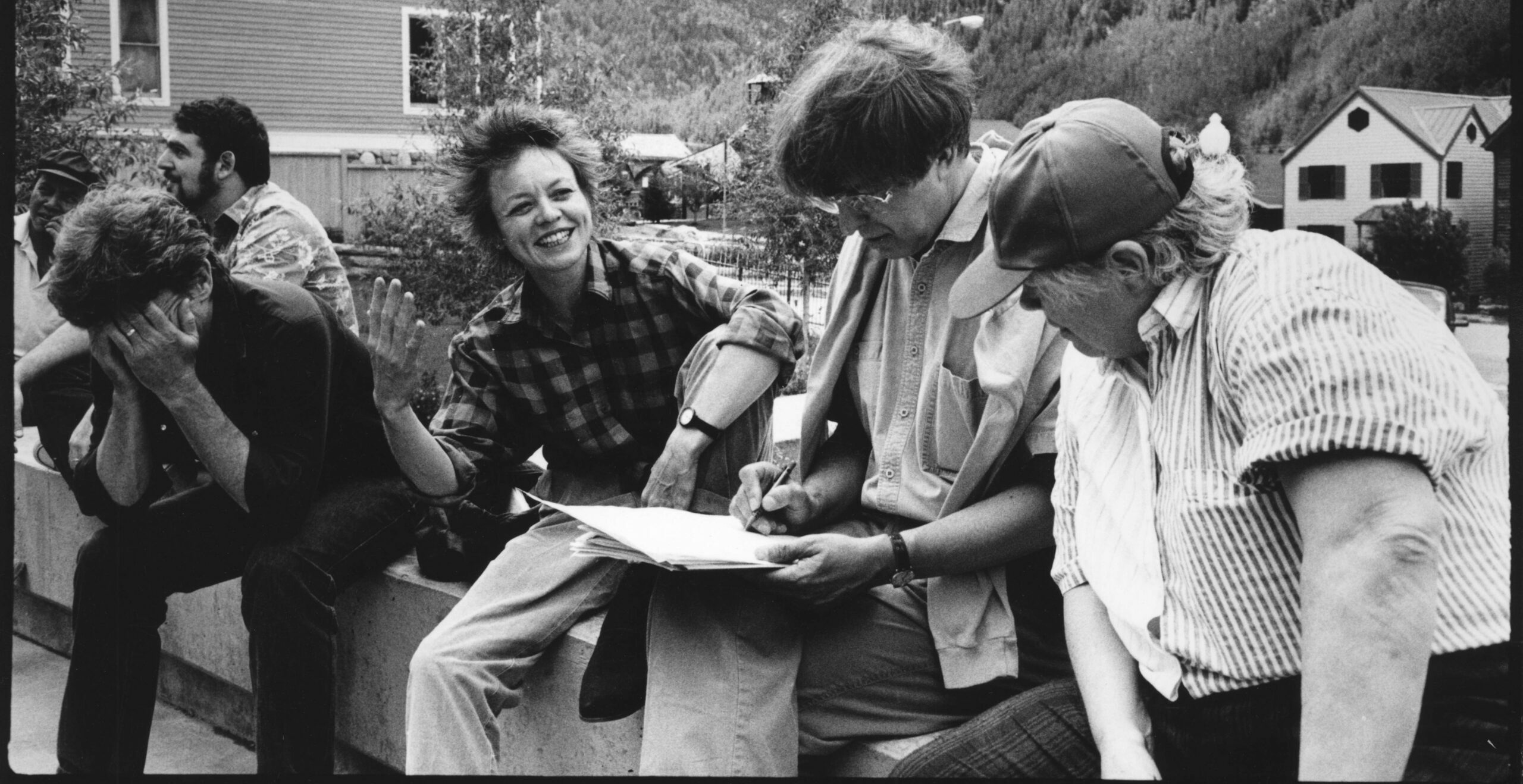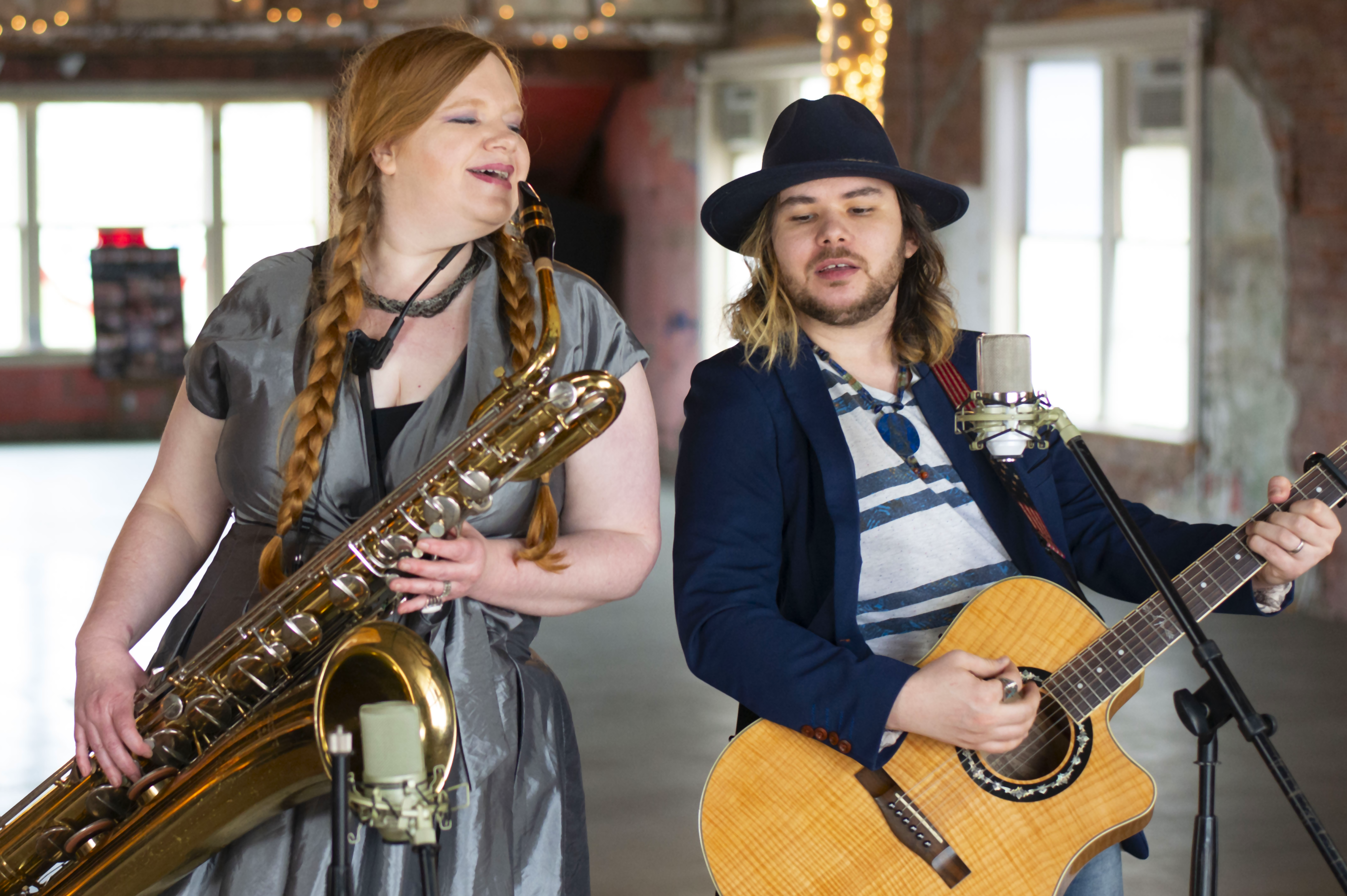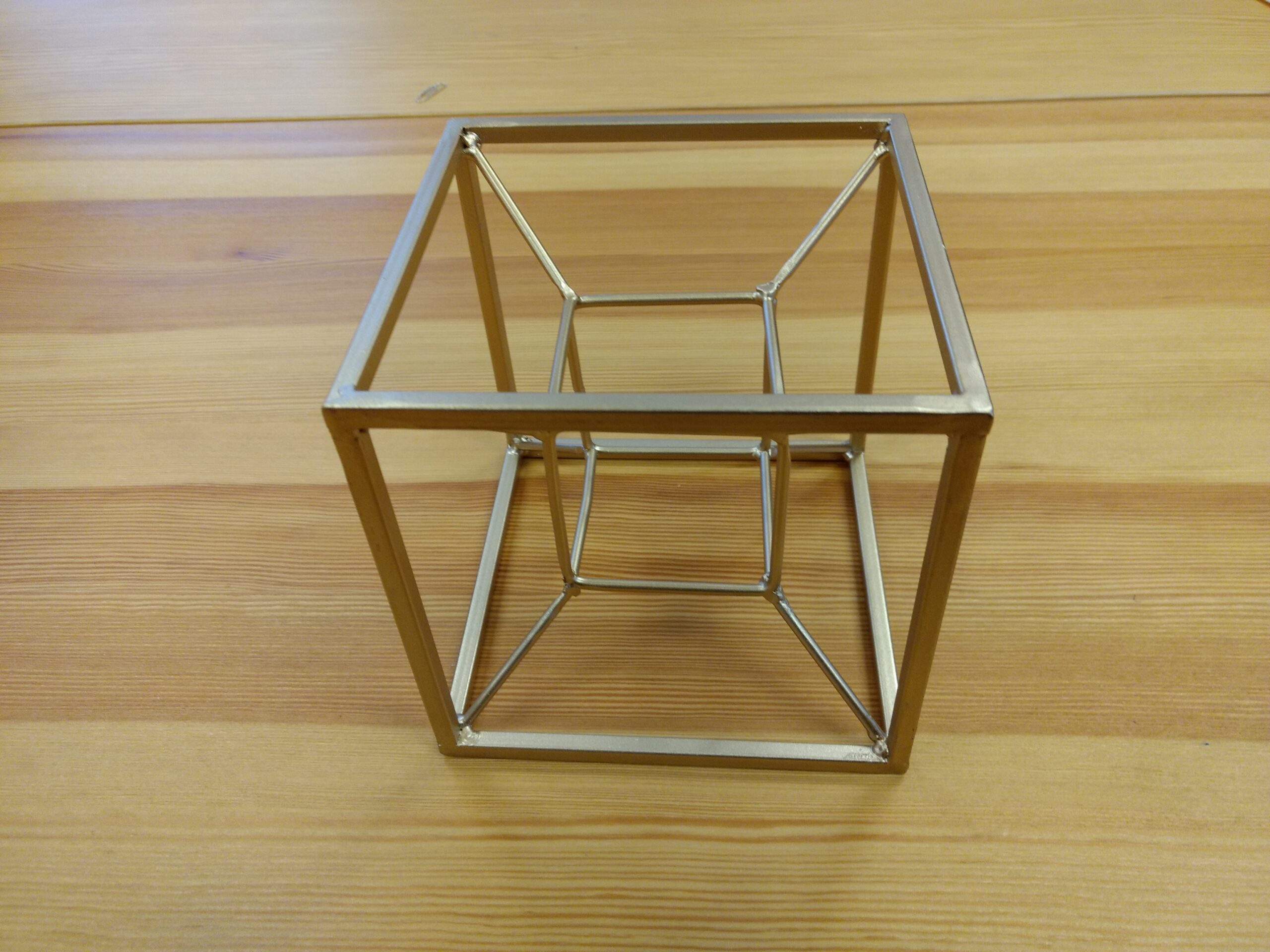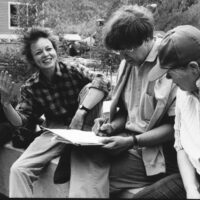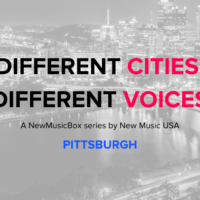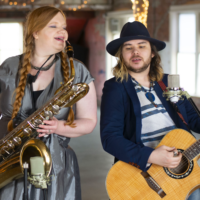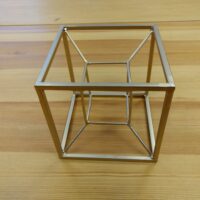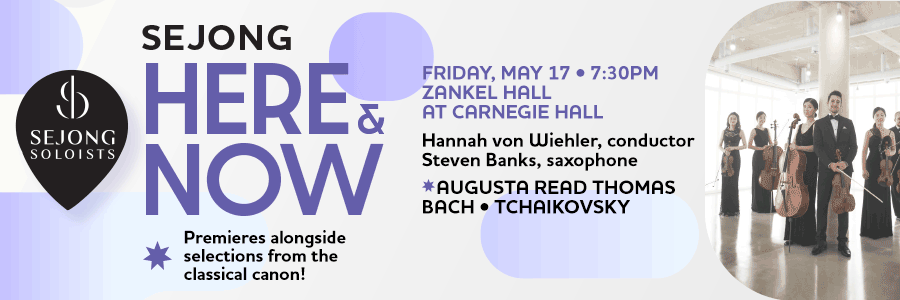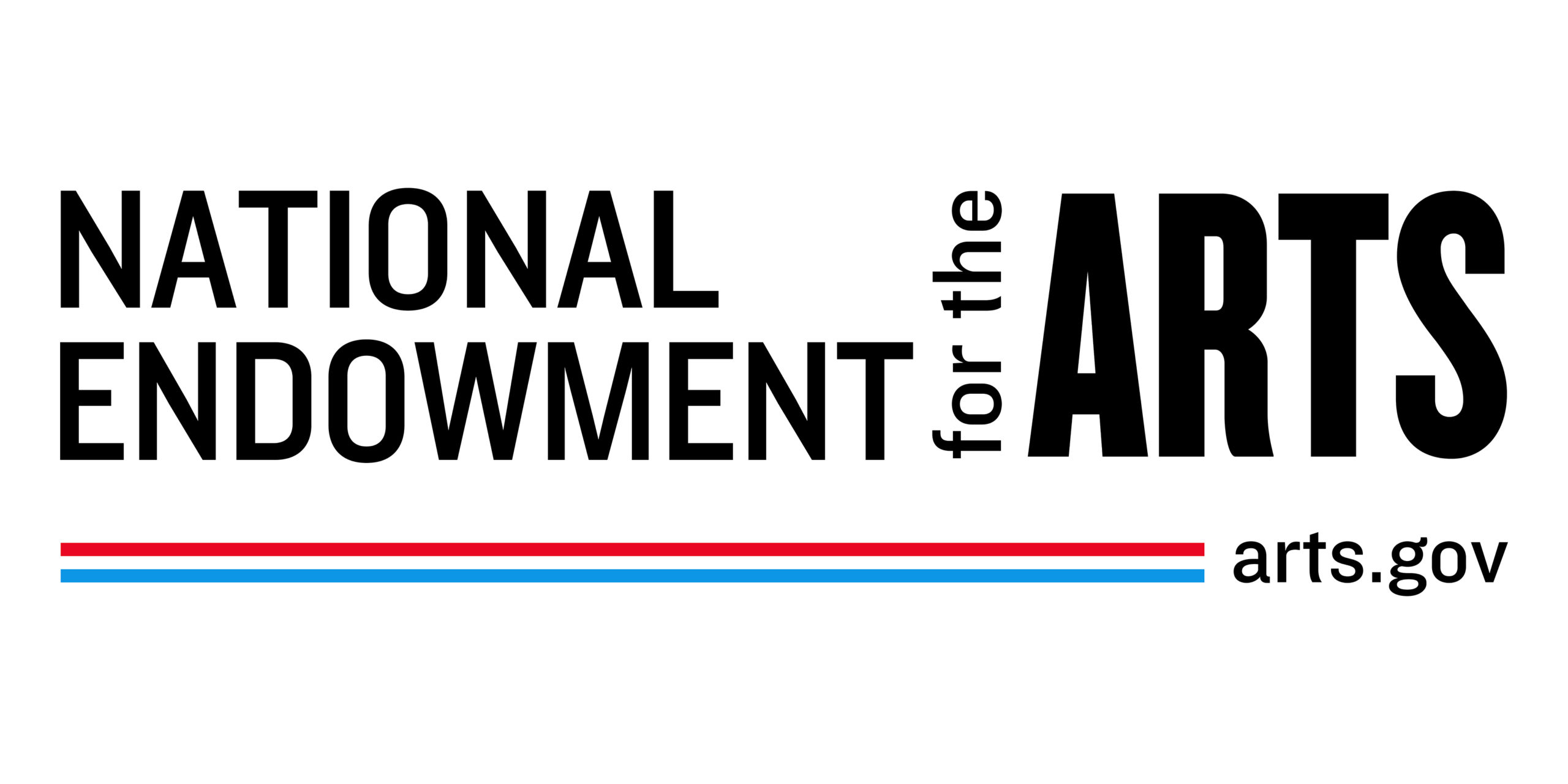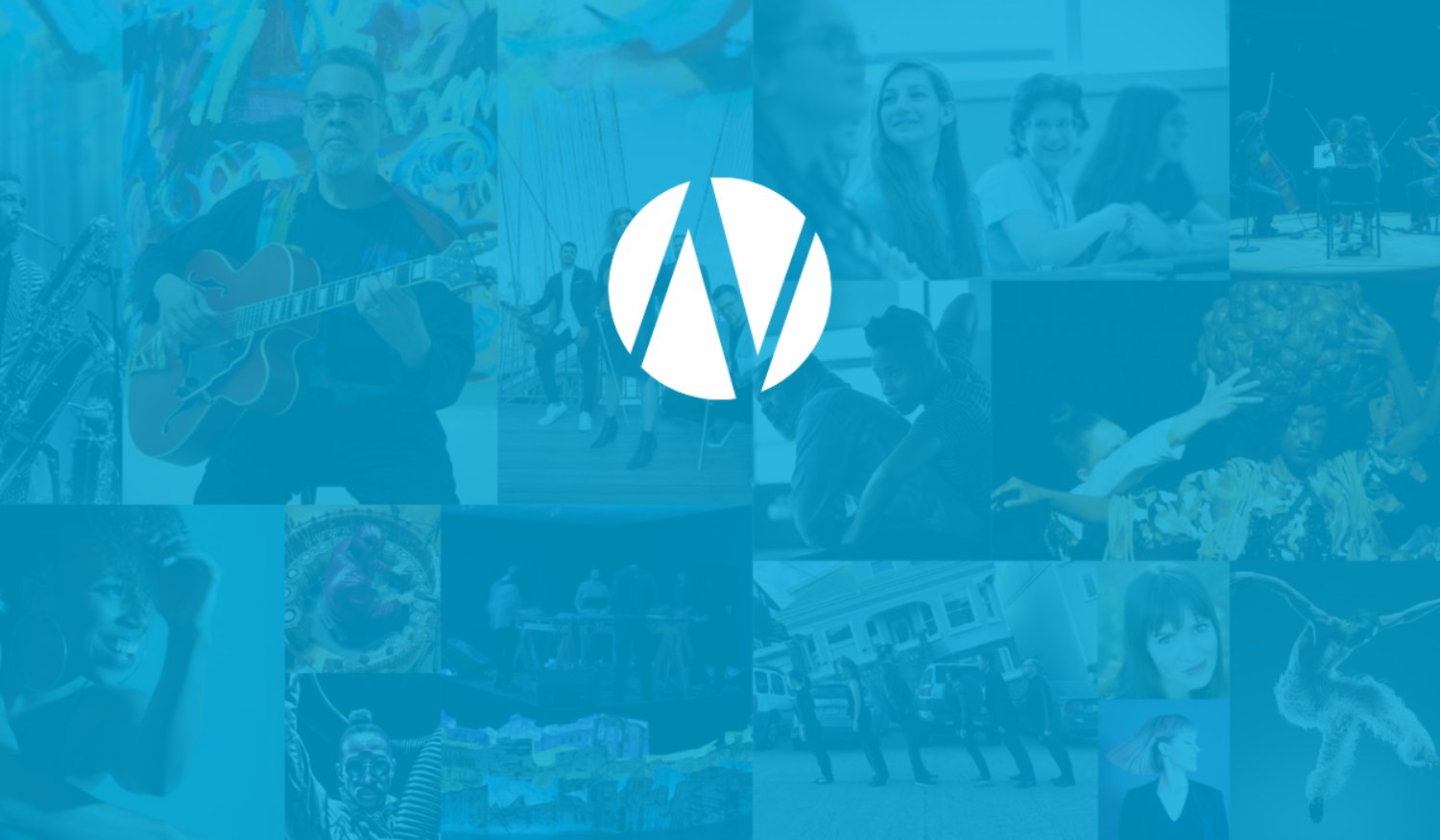
While the major symphony orchestras and opera companies around the country demonstrate how best to shoot themselves in the feet, these and many other chamber ensembles are demonstrating that they can provide our society with a strong, vibrant, and entertaining repertoire even on shoestring budgets.

We’ve been playing as a group for about a year and at first we created very long pieces that morphed from one idea to the next, but a decision was made early on to work on shorter pieces that focus on a single idea with the goal of presenting something palatable to a broader audience than just ourselves. This agenda allows us to play well-known pieces as well as free improvisations without putting off the jazz “purists”.

I have a friend who has the most voracious musical listening appetite I have ever encountered. Listening to music—particularly music that is new to him, of any sort—is a completely integral part of his daily life. It’s a necessity for him, so much so that in his case it should probably be added to Maslow’s Hierarchy of Needs, somewhere in between the physiological and the security requirements.

I was recently converting some old scores into PDF files for archiving when I came across the first large-scale piece that I haven’t disowned. I hadn’t thought about the piece for some time, and with the intervention of time the distance I’d traversed in about seven years became apparent. I’m always hopping from piece to piece more or less sequentially, and the incremental changes and forgotten battles of the day can often obscure the larger patterns of change.

“I just really like music,” admits violist Nadia Sirota with an intensity that explodes the meaning of this otherwise simple sentiment. “I really like just trying to communicate to the audience what I think the composer means, and maybe I’m pretty eccentric and aggressive about it.”

Over the last few years I’ve had the pleasure of teaching several classes in music theory and rock history, but I’ll be preparing in a few months for an entirely new teaching experience: I’ll be running a course on American experimental music between 1910 and 1945 for the Osher Lifelong Learning Institute at the University of Minnesota, a continuing education program with a “focus on active learning in dynamic and respectful environments.”

Although I didn’t really catch any of the conference on Saturday, there are a few thoughts and loose ends for me to wrap up. I did some more research on the Theatre Artist Survey I talked about on Friday. I also wanted to describe a great conversation I had with Michael Seel, executive director at the Boston Court Performing Arts Center in Pasadena, which produces not only plays and musicals but also a new concert series featuring local composers and cutting-edge music artists.

Composer Judith Shatin has been making engaging electro-acoustic music for years from her home base of Charlottesville, Virginia, where she serves as a professor and director of the Virginia Center for Computer Music at UVA. In her recent Innova release, Tower of the Eight Winds, she teams up with the Borup-Ernst Duo (Hasse Borup on violin and Mary Kathleen Ernst on piano) to present a vivid set of compositions, rendered in well-recorded, vigorous performances.

It can be difficult for artists to truly embrace the fact that their work may contain multiple meanings. We are constantly reaching towards clarity of expression, towards music that exactly conveys our initial impetus. However, music is an inherently ambiguous art form in that it only can convey specific denotative meaning through evoking associative meaning.

The one thing we can be certain of—unlike the price of gold futures or how much a gallon of gasoline will cost at the pump in the year 2017—is that once we spend time it is gone, forever. And none of us have more than a century and change to spare; in fact, most of us have much less than that. To take this line of thinking to its logical conclusion, music is a complete waste of time. And the folks who make it and promulgate it (composers, performers, impresarios, record producers, and other folks who either sell it or write about it) would therefore be the absolute worst criminals on the planet.

When compared to other professions in the field, theatre composers make an average annual income of approximately $40K, which is on the high end of theatre professionals (roughly equivalent to the average directors and designers). The professions with lower income levels were, not surprisingly, actors and dancers. I don’t recall seeing musicians in the income spectrum—I wonder if most gigging musicians on Broadway or elsewhere would call themselves “theatre professionals”, even the ones who spend most of their time in the pit.

The remainder of the International Society of Bassists convention was both stunning and anticlimactic. I listened to bassist Gene Perla play a fabulous set of music with locals pianist Sean Gough and drummer John Arkin and joined by vocalist Viktorija Gecyte. Wayne Darling followed by displaying his flowing over-the-bar approach to jazz improvisation with pianist Bill Mays.

A few of us in the audience asked if there were opportunities in their organizations for creators of theater who are not playwrights (i.e. composers, choreographers, etc.). The members of the panel were surprised by the question, but open to the idea that theatrical works might be instigated by folks other than writers of words.

A large portion of the composers with whom I’ve had the luck to sit down with so far have had relatively little experience working with collaborators (choreographers, poets, filmmakers, theatrical directors, etc.) and a couple were just recently dipping their toes into the collaboration pool (if you can call writing operas for major companies around the country “dipping a toe”).

Check me out, I’m PRESS. Now for some hard-hitting journalism on the state of New Music in American Theatre.

Often at the symphony, there is a person in the audience who, well before the final notes of the work have faded completely, and before the applause begins, will shout “BRAVO!” cutting short the lovely bit of breathing room at the end of a piece and jangling the audience out of it’s reverie.

Imagine the question from a friend when asking what you have on your device and unabashedly answering something to the effect of “everything that’s ever been recorded.” Although not impossible, the shame of having it “all” but at a quality unworthy of the potential our ears have to hear it would be hardly worth it.

Audiences who haven’t read as much Barthes as we have expect to encounter a unique and expressive subjectivity, and when they learn that a piece they really dug was churned out by a machine—perhaps they envision a dot-matrix printer chirping out the score minutes before the concert—they feel like suckers.

When I opened the mailer that contained Vicious World Plays the Music of Rufus Wainwright, I questioned the prudence of this recording decision before I even had the shrink wrap fully removed. I mention this just in case your anti-muzak instincts are already telling you something similar. For those open-minded enough to wait until you actually hear a bit of it before making such a judgment call, well, you’re less jaded than I am.

Over time, I’ve come to realize how special the relationship between composer and musician truly can be. There are a huge number of performers who will work tirelessly towards realizing the intrinsic artistic vision of the composer while also adding elements of their personality as layers of meaning embedded within the final product. When this sort of relationship develops, the result is far greater than the sum of its parts.

Never say never. On Saturday I did something I once told The New York Times reporter Leslie Kandell that I would never do: I attended my high school reunion. Chock it up to the power of social media—after being friended by some of my former classmates on Facebook and having some interesting online exchanges with them it seemed downright rude not to attend.

To have this yea’s Chorus America conference hosted by one of North America’s leading choral ensembles—Chanticleer (known for their fierce dedication to New Music)—has helped to put a real focus on composers, commissions, new media and inventive initiatives.

One of the more philosophical questions I’ve been asking each composer throughout my interviews is: “Does your music reflect the world around you or project a new world from within?” I added this at first to make sure I didn’t have too many “techie” questions, but as I proceeded to ask artists what their thoughts were, it has become a valuable insight into the mindset of each composer as they turned their gaze on themselves.

It’s the 4th day of the International Society of Bassists’ bi-annual convention being held in the Creative Arts building on the lovely San Francisco State University campus.
